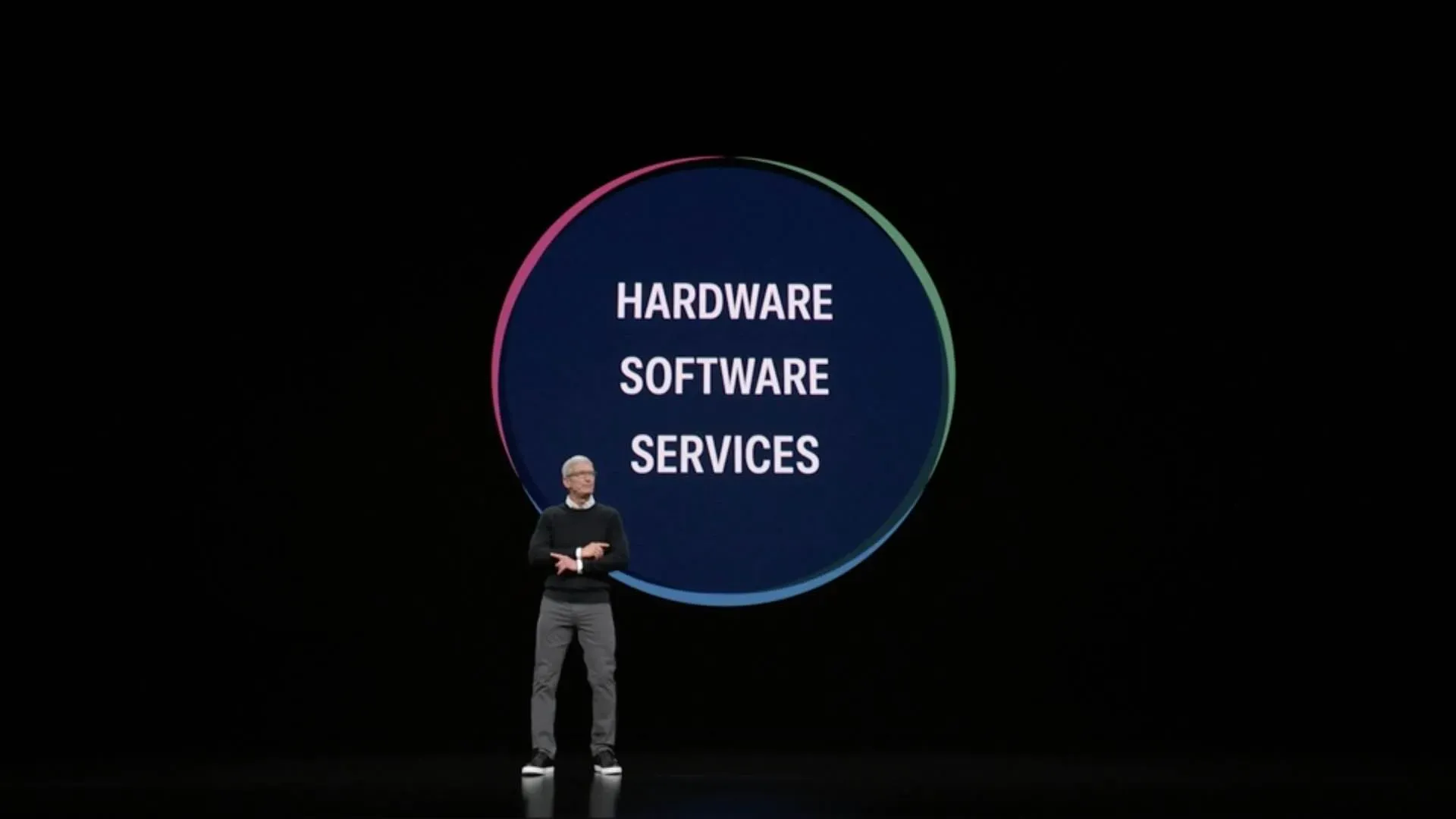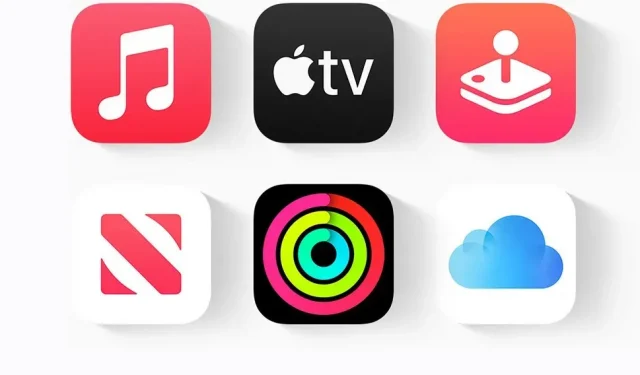Update your Apple devices to the latest software to continue using the App Store, Maps, Apple TV+ and more starting next month.

- What’s happening? Apple services other than iCloud will stop working on older versions of iOS, macOS, watchOS, and tvOS from early May.
- Why care? If your devices are running iOS 11, tvOS 11, macOS High Sierra 10.13, and watchOS 4, you will be disabled if you take no action.
- What to do? Update to a newer software version.
Apple services on older OS versions will stop working in May
@StellaFudge liquor noted on Twitter that from the beginning of May, Apple services will stop working on devices with the following software versions:
- from iOS 11 to iOS 11.2.6
- from macOS 10.13 to macOS 10.13.3
- watchOS 4 to watchOS 4.2.3
- tvOS 11 to tvOS 11.2.6
As MacRumors points out, @StellaFudge is a proven source.
From the beginning of May, access to Apple services, with the exception of iCloud, will no longer work on devices running: – iOS 11-11.2.6 – macOS 10.13-10.13.3 – watchOS 4-4.2.3 – tvOS 11-11.2. 6You will most likely receive a notification prompting you to update
— Stella Fudge (@StellaFudge) April 5, 2023
These findings are confirmed by Apple itself.
What percentage of people are using older versions of the OS?
Apple’s support document acknowledges that many services other than iCloud will stop working on older versions of the OS. “Certain older software versions will no longer support Apple services such as the App Store, Siri, and Maps,”the post reads. “Update your software to the latest available version to continue using these services.”
The company says that users of older versions of the OS may receive a push notification warning them that their version of the software will no longer support Apple services.
Apple offers many services, and the source claims that all services will be affected on older devices, without giving reasons. This could be a security move on Apple’s part, because forcing people to downgrade older versions of the OS is one way to ensure everyone has the latest protections.
Be that as it may, this move should not affect much of Apple’s user base. As of February 2023, less than eight percent of iPhones in use in the wild were running iOS 14 or older, according to Apple statistics.


